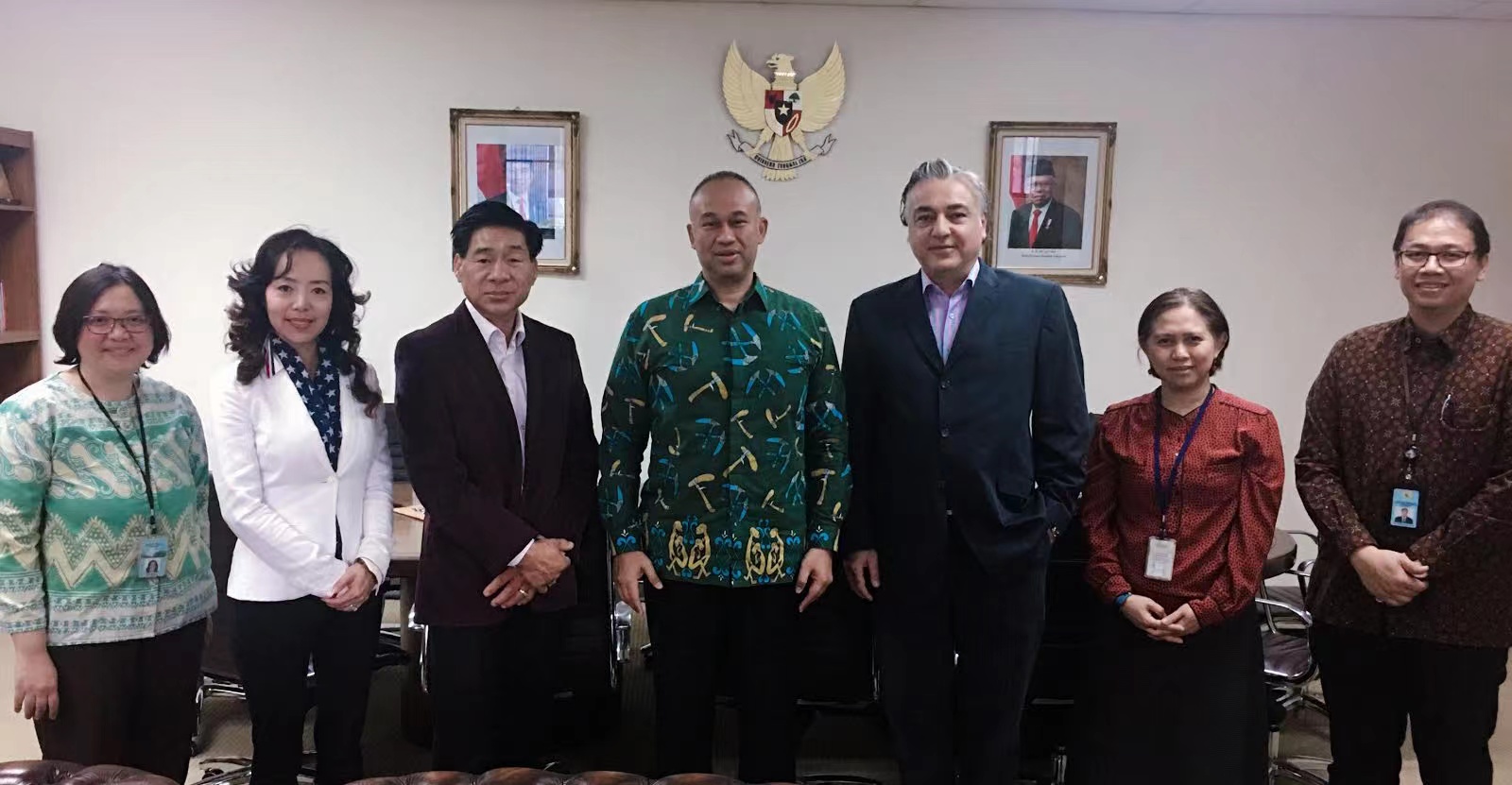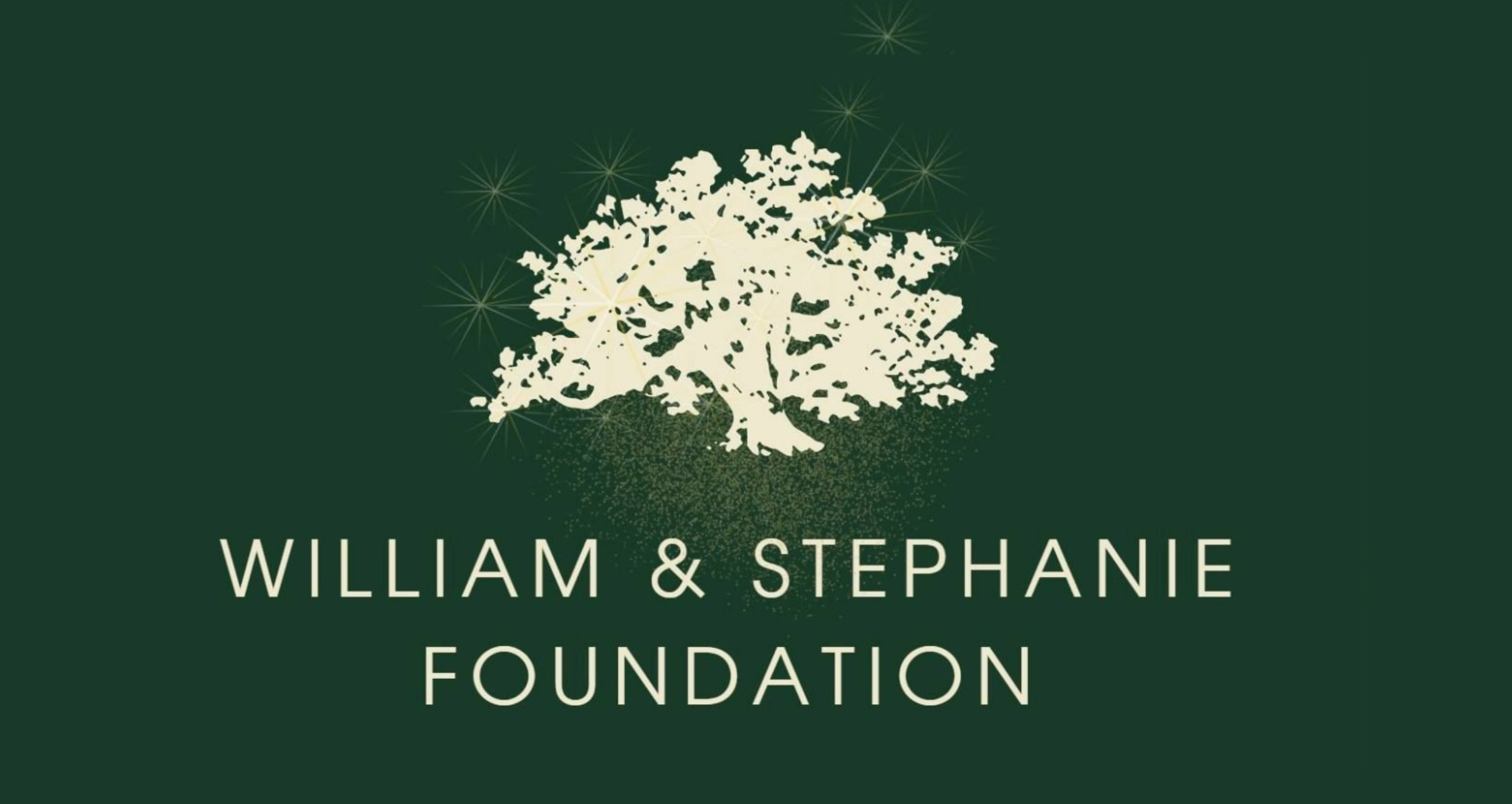
The Current Issue
Even before the current pandemic, it was clear that government-funded service providers aimed at providing relief and support did not have the capabilities to reach out to communities with less access to these resources such as the Asian and Southeast Asian communities in the United States. One reason for this difficulty may be the fact that these service providers have no previous relationships within these communities and thus are unable to achieve the acceptance, cooperation, and trust required for meaningful exchange. Hiring a consultant who speaks the language of the community is only a partial solution at best, but it does not guarantee that the consultant would have the right contacts within this community to make an impact.
Our Solution
We have spent the past several years building relationships with many of the Asian and Southeast Asian communities, often beginning at the consulate level. To expatriates of these nations, the Consul General is arguably the most respected member of their community here in the United States. In some cases, their Chambers of Commerce and various service organizations are also crucial points within the community’s network, whose importance may often be overlooked. We have found that taking interest in the communities—getting to know members of these communities as people with needs desires, goals, and opinions—go a long way towards building meaningful relationships.

Promoting Opportunities of State and Federal Government to Asian & ASEAN Communities
Identify our community Allies
Within each community, we must identify and secure the “buy in” of those persons and or groups with these communities with whom to align ourselves. Often this starts with the various consulates followed by their chambers of commerce and other business groups.
Familiarize Our Community Allies with the Opportunity
Give general overview of the business assistance available to their communities. Discuss how WSF can help spread word of this program to their community and how both WSF and consulates can work together to collaboratively educate business community about new and upcoming assistance programs from federal and state levels.
Identify needs of respective communities
People of Asian and Southeast Asian descent are often considered by outsiders as “all being the same.” This is far from the truth, and each community has their own way of getting things done. In order to secure the cooperation and collaboration of each community, its specific needs must be understood, and the availability of different resources must be clearly communicated.
Our Mission
Throughout this pandemic, massive amounts of money are being pumped into the economy for business recovery. While the swift progress of various state and federal relief programs are good signs, we are concerned that service providers are not reaching communities that have been historically harder to access. A successful delivery system or strategy requires successful coordination and cooperation between state and federal level governmental agencies, community stakeholders, and community members. In the case of the Asian and ASEAN communities, it takes government agency buy-in, community advocates (Consulates, community service providers), the conduit connecting the two (William and Stephanie Foundation) as well as funding to keep vital programs moving forward. Successful collaboration also requires understanding of the nuances of each group and knowledge about how best to meet the needs of each community.
We at the William and Stephanie Foundation believe that we have the know-how as well as the relationships to take on the challenge of connecting federal and state resources to these harder-to-reach communities. The Asian and ASEAN communities are in need of proper attention to revitalize their businesses post-pandemic.
